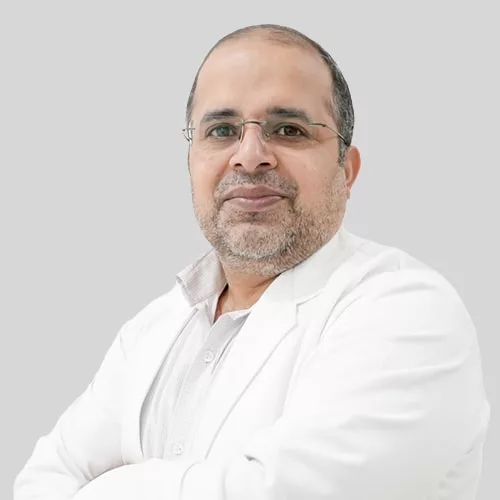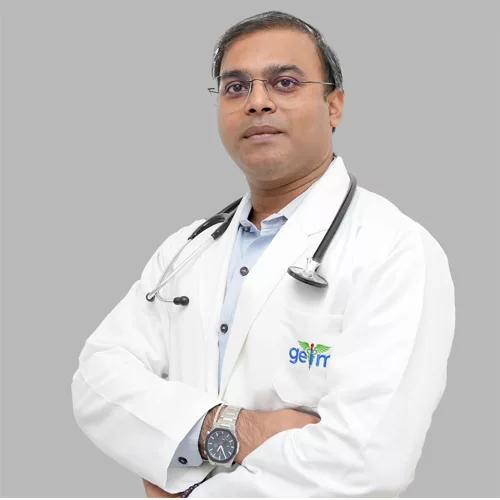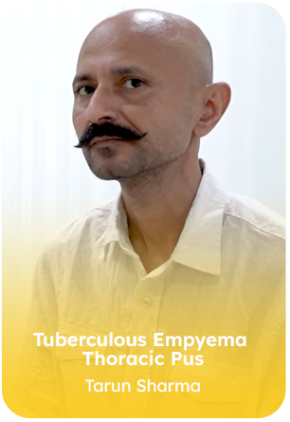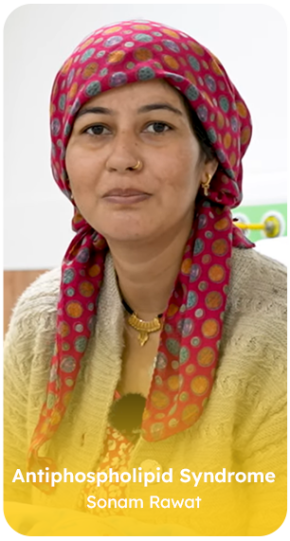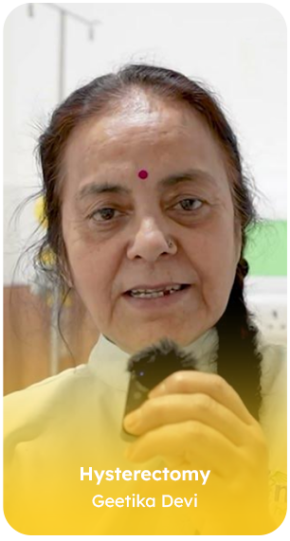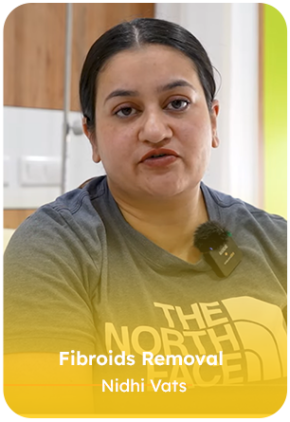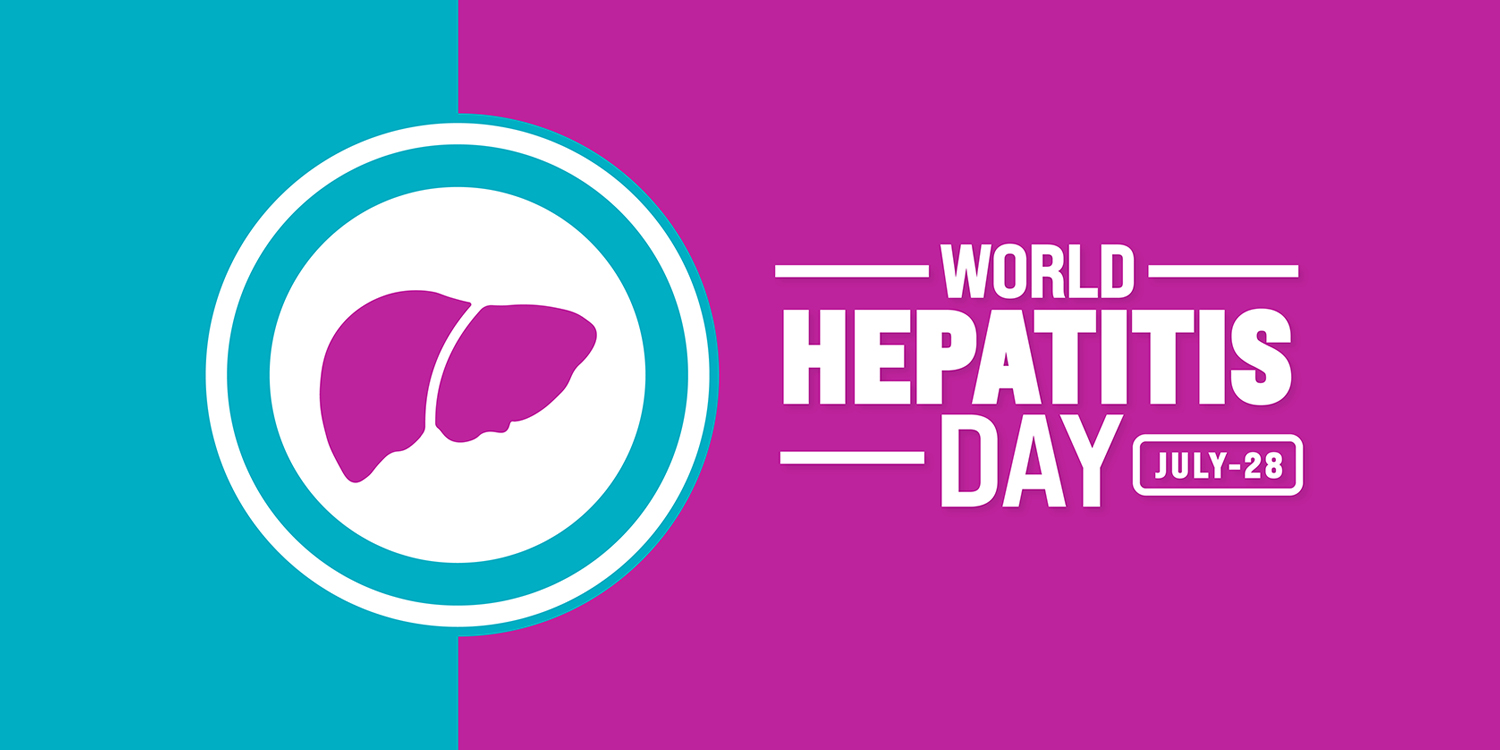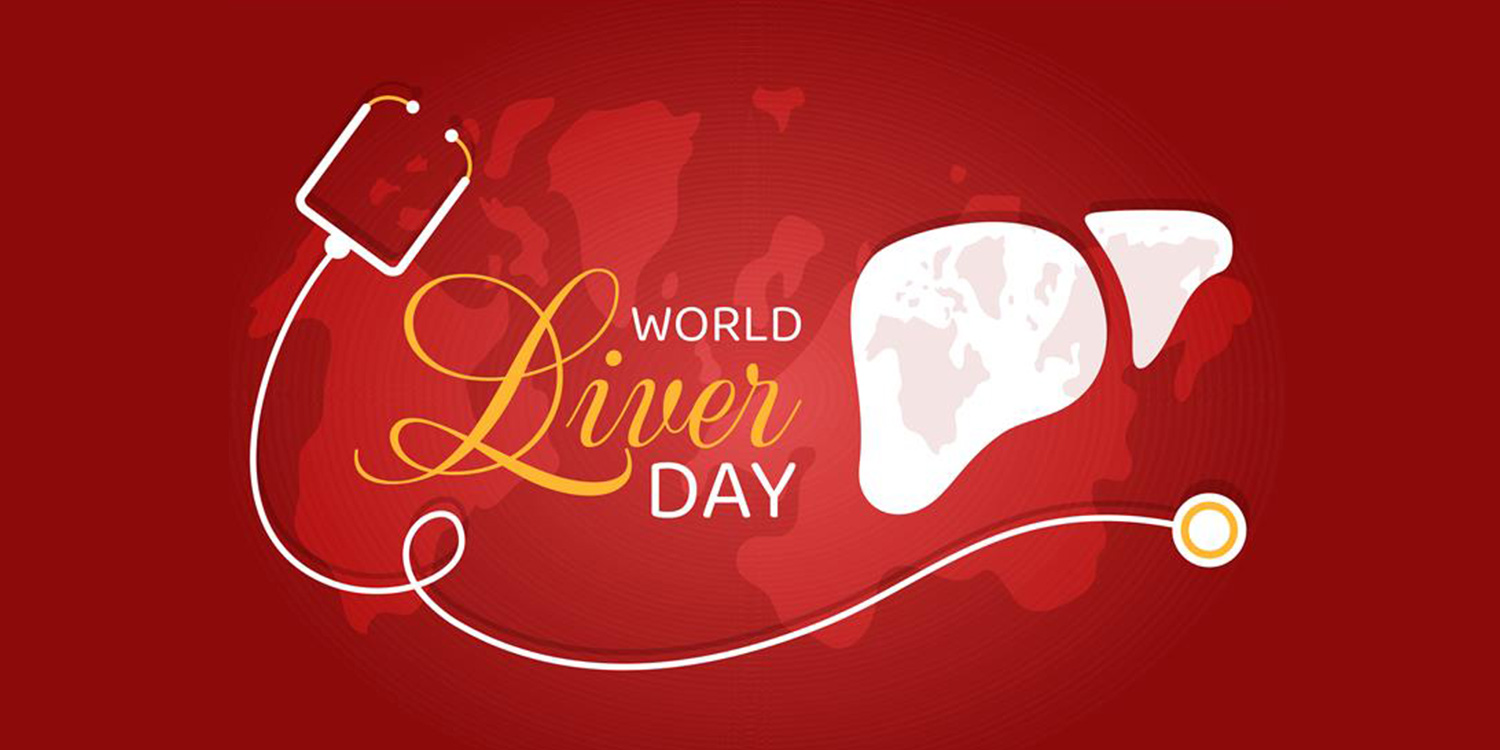Liver diseases often develop silently, and are only detected either when they progress to an advanced stage and the symptoms become more pronounced or accidentally revealed through routine tests. In such cases, timely consultation with a hepatologist is essential to prevent complications and guide appropriate treatment. At Graphic Era Hospital, patients with liver, gallbladder, bile duct, and pancreatic disorders are evaluated by experienced hepatologists specialising in both medical management and procedural care. Providing access to advanced technologies such as ERCP, naso-biliary drainage, and advanced endoscopic therapies, the hospital offers comprehensive liver care tailored to each patient’s condition.
Doctors Available
Dr. Sachin Dev Munjal
Senior Consultant and Head
Gastroenterology, Hepatology and Advanced Endoscopy
Experience: 15 Years
Book An AppointmentWhat Does a Hepatologist Do?
A hepatologist is a specialist focused on diagnosing and managing diseases of the liver, biliary such as bile ducts, gallbladder, and pancreas. They evaluate liver function, interpret abnormal liver test results, and treat all conditions of the liver diseases such as hepatitis, cirrhosis, fatty liver disease, and biliary obstruction. Hepatologists carry expertise in managing the complications like jaundice, ascites, and gastrointestinal bleeding caused by liver dysfunction. At Graphic Era Hospital, hepatologists work alongside radiologists, and interventional specialists to ensure coordinated, multidisciplinary care. In addition to medical management, they guide patients through diagnostic procedures and follow-up plans tailored to the type and stage of liver disease.
When to Consult a Hepatologist
It’s important to consult a hepatologist when symptoms or test results suggest a liver or hepatobiliary disorder. Early evaluation helps prevent complications and ensures that treatment is started at the right time. A hepatologist’s opinion may be needed if you have:
- Jaundice (yellowing of skin/eyes and urine)
- Persistent fatigue or unexplained weakness
- Jaundice associated with generalized body itching
- Pain in right upper quadrant of the abdomen
- Abnormal liver function tests (LFTs)
- Hepatitis B or C infection
- Unexplained abdominal distension (ascites)
- Loss of appetite with weight loss
- History of alcohol-related liver disease
- Bleeding in vomitus or passage of black colour stool.
Liver Conditions Treated by Hepatologists at Graphic Era Hospital
Hepatologists at Graphic Era Hospital manage a wide range of liver and hepatobiliary conditions, using medical and interventional approaches tailored to each patient’s diagnosis and stage of disease.
- Fatty Liver Disease: Management of non-alcoholic and alcohol-related fatty liver through holistic approach via medication and lifestyle/dietary guidance.
- Hepatitis B and C: complete evaluation of the disease, and evaluation of the risk of liver cancer, Antiviral therapies and monitoring to control infection and to prevent further liver damage and reversing the damage..
- Liver Cirrhosis: Ongoing care for the fibrosis of the liver with a focus on symptom control, improvement and complication prevention, if treatable, looking for the reversibility.
- Portal Hypertension: Treatment of increased pressure in the portal vein, often linked to cirrhosis and variceal bleeding & ascites.
- GI Bleeding: Adequate and timely management (endoscopic/medical) of upper and Lower GI bleeding (hematemasis/malena/hematochesia) and due to the changes caused by liver disease in the intestine/colon.
- Ascites and Hepatic Encephalopathy: Optimal medical treatment and complete care for fluid accumulation and neurological symptoms due to liver failure.
- Drug-Induced Liver Injury: Evaluation and treatment of liver damage caused by medications, unauthorised uses of the drugs (over the counter drugs/Herbal/ supplements) and toxins.
- Biliary Obstruction: Diagnosis and relief of blocked bile ducts through procedures like ERCP/ NBD/ EUS guided biliary drainage.
Why Choose Graphic Era Hospital for Liver and Hepatology Care in Dehradun?
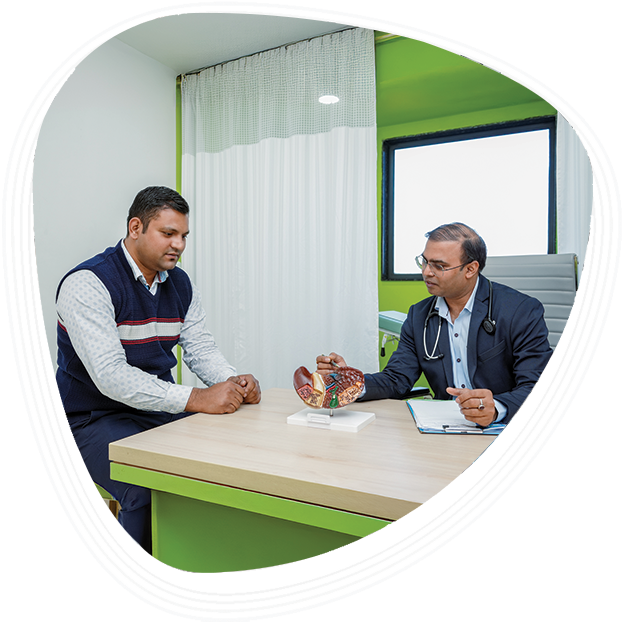
Services Offered Under Liver and Hepatobiliary Care
Graphic Era Hospital provides a comprehensive range of liver disease related care services, combining expert-led diagnosis, advanced therapeutic procedures, and personalised patient support. The hospital’s integrated model ensures seamless coordination across departments for efficient, timely care.
Diagnostic Services
- Liver function tests (LFTs), viral markers, and autoimmune screening
- Liver ultrasound,Fibroscan, and imaging-guided evaluations
- Endoscopic diagnostics and therapeutic interventions for liver-related complications
- Assessment and staging of liver cirrhosis or fibrosis
- Assessment of portal pressure (HVPG) and various types of liver biopsies ( per-cutaneous/ Trans-jugular/ Eus guided)
Endoscopic and Interventional Procedures
- ERCP for bile duct stone removal, stenting, and drainage
- Naso-biliary drainage (NBD) to relieve biliary obstruction
- EUS guided biliary drainage.
- Variceal EVL banding/ sclerotherapy/gluing for the bleeding varices.
- Esophageal Denis-ella stenting for the post banding esophageal varices.
- Argon plasma coagulation (APC) for bleeding control and GAVE
- EUS guided gluing and cooling of the large gastric/ rectal varices.
Medical Management of Liver Disease
- Antiviral therapy for hepatitis B and C
- Nutritional and pharmacological care for fatty liver disease
- Advanced management of cirrhosis related complications like ascites, Neurological complications of liver disease such as hepatic encephalopathy/coma & hepatic parkinson.
- Monitoring for progression in chronic liver diseases
- Optimising the individualized management of cirrhosis to enhance quality of life and decreasing mortality
- Management of obesity/metabolic dysfunction and it's complications through various approaches -Dietary/medical/endoscopic/Intragastric balloon implantation.
Supportive and Day Care Services
- Day care setup for routine albumin infusions and therapeutic paracentesis
- Lifestyle and dietary counselling for liver disease patients and obesity related conditions
- Long-term follow-up planning and patient education
- Integrated care for managing complications and preventing re-admissions
Top Liver-Related Procedures at Graphic Era Hospital
- Endoscopic Retrograde Cholangiopancreatography (ERCP)
- Naso-Biliary Drainage (NBD)
- Variceal band ligation, sclerotherapy
- Denis-Ella stent placement of post EVL bleeding varices.
- Argon Plasma Coagulation (APC)
- Liver biopsy
- Assessment of portal pressure
- Abdominal imaging
- Fibroscan of the liver
- Therapeutic paracentesis for ascites
- Endoscopic management of GI bleeding due to liver disease
- Gluing and coiling of the bleeding gastric varices( Endoscopic/ EUS guided)
Hepatologists Conditions Treated at Graphic Era Hospital
Other Specialities
Patient Stories
Blog
Frequently Asked Questions (FAQs)
What is the difference between a hepatologist and a gastroenterologist?
A hepatologist focuses specifically on liver, gallbladder, bile duct, and pancreatic disorders, while a gastroenterologist treats the entire digestive tract. Hepatologist carries high end and advanced management expertise in managing above mentioned disease and optimising liver transplant candidate fit for the transplant procedure for the best transplant outcome.
When should liver function tests be repeated?
Liver function tests (LFTs) may be repeated every few weeks or months, depending on underline conditions. Your hepatologist will guide the frequency based on your diagnosis and response to treatment.
Is ERCP a safe procedure for liver-related conditions?
Yes. ERCP is a well-established, minimally invasive procedure for treating bile duct blockages or liver-related complications. It is performed under sedation and monitored closely, it can be done as day care procedure.
Can liver damage from fatty liver or hepatitis be reversed?
Yes, liver damage due to fatty liver and hepatitis is totally reversible with optimal management until cirrhosis is not established. So timely intervention by a hepatologist is key to preventing long-term complications.
What lifestyle changes are important for liver health?
Maintaining a healthy weight, avoiding alcohol, eating a balanced diet, and managing underlying conditions like diabetes or high cholesterol are essential for liver care.
